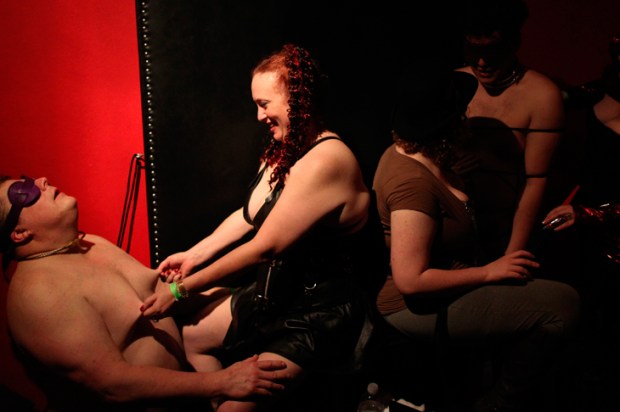So the Governments 2016-17 Federal Budget has been delivered and the Australian people are looking at a July 2 Election day.
As the alternate Government, Bill Shorten and his ALP comrades now have the opportunity to show the Australian people why they deserve to hold top office and why they are a better option than the Coalition.
What’s the message? What’s the pitch? What is the alternative?
Don’t vote for the rich guy.
The ALP through Bill Shorten and shadow treasurer Chris Bowen have started the class warfare by describing the Coalition’s budget as unfair, and that it only includes budget cuts for millionaires and corporations.
This has lead to foaming at the mouth Lefties, as well as their mates in Socialist Alliance and the Unions, rallying together using their channels of buzzfeed and pedestrian to exaggerate, falsify facts and start the rich bashing.
While the Left think that by slinging mud at the rich man Prime Minister is a winner, they fail to see the broader damage this behaviour will ultimately lead to.
Australians have notoriously been diagnosed with ‘tall poppy syndrome’, a perceived tendency to discredit or disparage those who have achieved notable wealth or prominence in public life. Our rich Prime Minister ticks both these boxes.
But what about the large proportion of aspirational Australians? What about those that have come from humble beginnings and through hard work have had the opportunity to go on and get further education, establish themselves in decent jobs and start to make more money than anyone else in their family before them? What are they to think? Are they meant to feel demonised because they worked hard? Meant to feel guilty for there success? Why should they be punished for hard work?
The Left’s push to strangle aspiration will leave lasting damage to this country whether or not they go onto win or lose the next election. When you have an alternative government that attacks personal success it breeds laziness; when they demonise wealth, enthusiasm to earn drops; and when they tell successful people that their success is wrong you ultimately get people who are less successful.
Class warfare politics hurts everyone, but what it ultimately does is pigeon-hole sections of our society and creates a glass ceiling rather than a glass floor. If you are in the lowest socio-economic parts of our community, the ALP and Bill Shorten want to tell you, you’re a victim; a victim of other people’s success and you have no responsibility for your current situation, it’s someone else’s fault.
So what does the future look like for an Australian nation where we have a political class on the left coddling, bubble-wrapping and extinguishing the aspirational ethos of the Australian people?
Bleak.
Forty per cent of Australians already receive a Government income, whether that be through social services or public sector employment, while 8 in 10 tax payers pay for Australia’s $154 billion social services bill. This constitutes 35 per cent of the federal government’s budget spend, the highest area of spending in the budget. Successive governments have failed to address this, with the Left encouraging such spending to sure up their voter base.
Chris Kenny from the Australian recently commented: ‘Over the past many years at federal budget time, it’s been like the government is the crack dealer and the taxpayers are the crack addicts.’
It is important that Australians put down that crack pipe, reject the Left’s victimisation of those in the lower classes and show that aspirational and ‘have a go’ spirit that has developed this great nation in its incredibly short history.
Got something to add? Join the discussion and comment below.
Get 10 issues for just $10
Subscribe to The Spectator Australia today for the next 10 magazine issues, plus full online access, for just $10.
Kyle Shapland is the Policy and Advocacy Director for the Gold Coast Chamber of Commerce and Political Strategist
You might disagree with half of it, but you’ll enjoy reading all of it. Try your first month for free, then just $2 a week for the remainder of your first year.









Comments
Don't miss out
Join the conversation with other Spectator Australia readers. Subscribe to leave a comment.
SUBSCRIBEAlready a subscriber? Log in